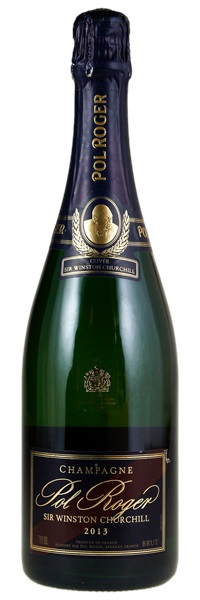Estimate

...generous while also fully textured. Complex and balanced, mature fruit and toast working together, this is a great wine.
...fabulous. Rich and remarkably pure...super- expressive right out of the gate. Bright saline notes cut through a core of lemon confit, dried flowers, apricot, tangerine peel, mint and sage.
Complex and subtle aromas of dried ginger, pie crust, cooked apple and cooked peach follow through to a full body with ginseng, toasted bread and dried apple. Very fine and multidimensional. Great wine.
...robust, classic, and noble in its expression...aromas are complex and compelling, with smoke, graham biscuit, currant, and orange marmalade. It has immediate appeal and charm...palate is structured, yet refreshing, and savory with grip and an energetic citrus...
...aromas of crisp yellow orchard fruit, mandarin oil, freshly baked bread and pastry cream. Medium to full-bodied, pillowy and precise, it's deep and vinous, with a racy spine of an acidity and a tensile but relatively charming profile...
...ripe and juicy pineapple, cassis and apricot fruit flavors married to notes of brioche, saline, lemon curd and honeysuckle. Backed by a spine of fresh acidity, this is well-cut and harmonious, with the fine and creamy mousse carrying the flavor range on the lasting finish.
Sherbet and citrus and plenty of non-fruit character – steely, chalky, mineral indeed... Saline finish, open and rich and delicious.